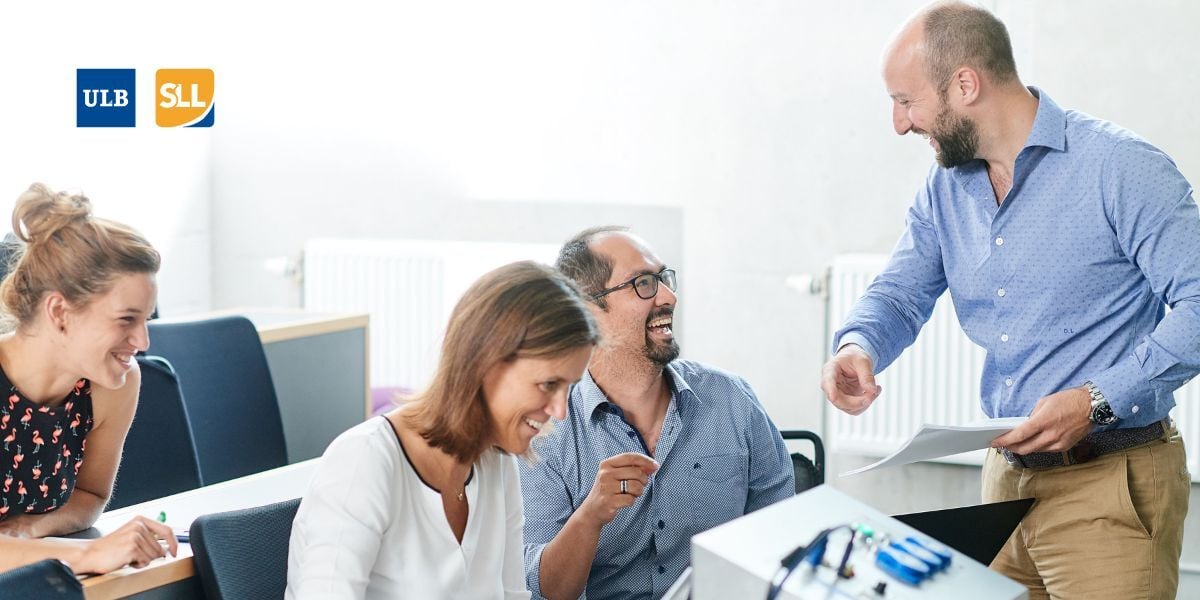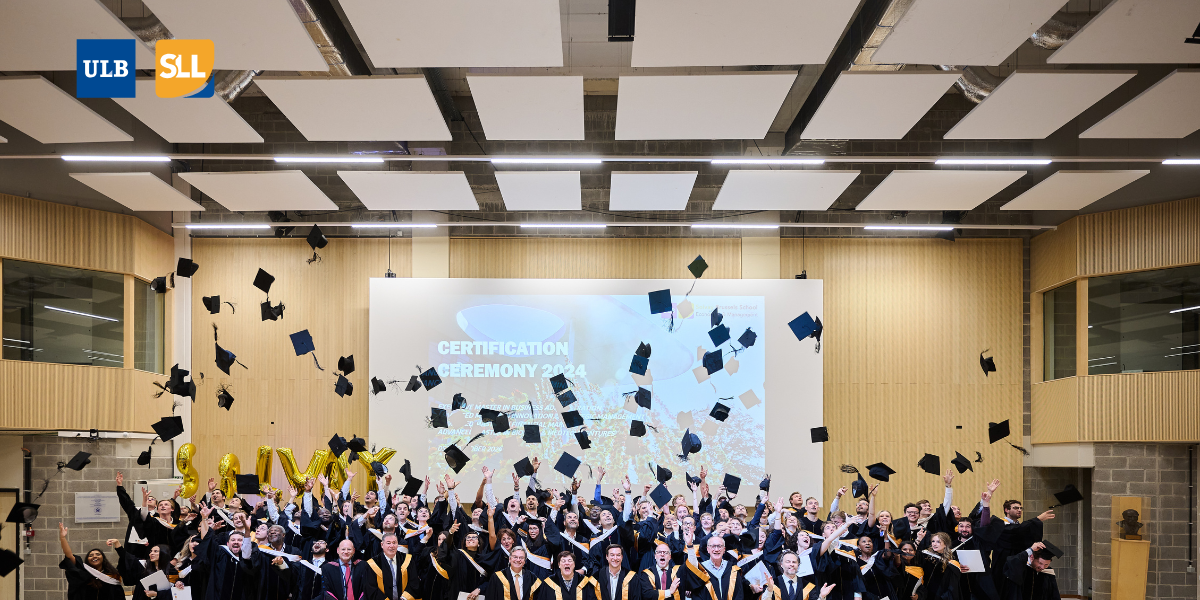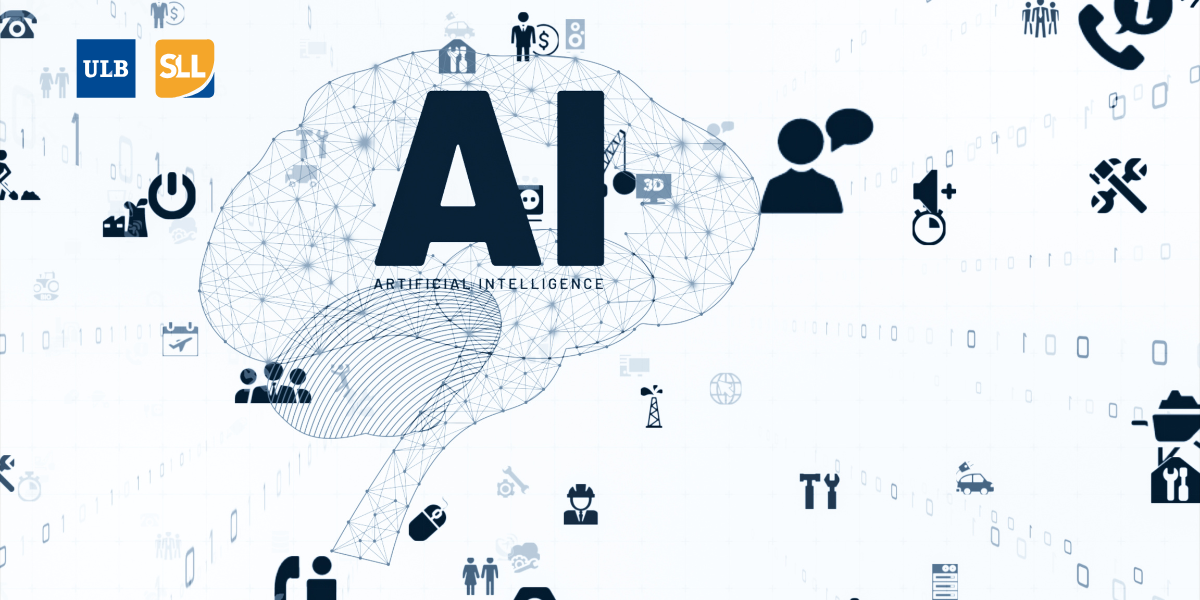Learn more about us.
Leaders, Take Note: Innovation Has More To Do With Humans Than With Technology | Series #1
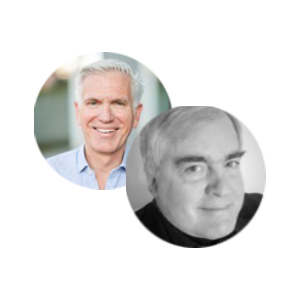
John Metselaar & Michel Syrett |Author
J. Metselaar is Co-Leader Innovation & Digital Transformation Institute, and Program Director of Asia Innovation Council and Gulf Region Innovation Council The Conference Board and M. Syrett is Senior Human Capital Fellow at The Conference Board

Stay connected
Never miss the latest insights, blogs and news. Subscribe to our newsletter.
As we delve into this article by John Metselaar and Michel Syrett, we will explore the fascinating dimensions of innovation, the psychology and sociology that underpin it, and the urgent need for businesses to embrace innovation in these uncertain times.
G. K. Noon was one of Britain’s most successful Asia-born entrepreneurs. Arriving in the United Kingdom in 1964 with comparatively little, he pioneered authentic chilled microwavable Indian food distributed through major British supermarket chains such as Sainsbury and Waitrose. In doing so, he changed British eating habits. By adapting Italian food preparation technology used for charcuterie, he was able to mass produce the Indian delicacy chicken tikka, making it more popular in Britain than fish and chips. When he died of cancer in 2015, his personal fortune was worth £65 million.
Interviewed by one of the authors of the Conference Board Blog in 1997, Noon explained that his drive to innovate came from an intellectual curiosity inspired by his love of learning. Reading biographies of such international statesmen as Winston Churchill, he came to understand the importance of tenacity and of learning from failure. From Hollywood blockbusters such as Titanic, he learned about the art of the possible.
“I felt that if directors like James Cameron could produce such extraordinary special effects on the cinema screen, what possibilities might be open to someone like me using food preparation technology in the same way?”
Noon made it a point of principle to inspire his colleagues and employees with the same sense of wonder and curiosity.
Innovation's Human Face
Noon’s story vividly illustrates that innovation is not just about new technologies. Innovation does not happen without the humans who animate and own it. Hence, it involves psychology and sociology. Individuals need to be motivated intrinsically—the psychological dimension of innovation. They also need to come together into empowered teams with strong relationships and real conversations—the sociological dimension (the definition of which we’re stretching somewhat here, but you get the point).
This last point is worth stressing. Innovation is a collective effort. Drawing on Noon’s source of inspiration, successful blockbusters such as Titanic and Alien do not just need innovative directors. They need creative and inspired actors, set designers, script writers, photographers, costume designers, and casters, all of whom share in and respond to the same innovative spirit and vision.
The originator of any innovative idea, the “spark,” needs people to build on the idea and make it real. They include: the “shapers” who inform, advise, and support the creative process; the “sounding boards” who psychologically or financially support the idea in the organization; and the “sponsors” who contribute to realizing the project’s unique aims. For the creative spirit to succeed, then, it must infect the entire organization.
What the inventor Thomas Edison said about genius goes for innovation as well: it is
“1 percent inspiration, 99 percent perspiration.”
Innovation-Driven Leadership
To unleash this human potential requires a new kind of leadership, more needed than ever in today’s turbulent times: authentic, generative and, like that pioneered by Noon, grounded in a love of learning. Employees at all levels need to feel psychologically safe to take risks and experiment with a license to risk failure—as long as they learn from it.
Fundamentally, innovation converts knowledge and inspiration into a new value. This value benefits consumers and customers, without whom you don’t have a business; stakeholders, without whom your business is insupportable; and society, without which your business is not sustainable. And, of course, innovation should create value for the company itself. Otherwise, why are you in this business at all?
This, then, is our agenda. Over the coming year, we will be publishing a series of short articles. The series will explore the need to create and capture new value across these dimensions and share inspiration and actionable insights for business leaders to tap into along the journey—a journey that will help them create and leverage their own cultures of innovation.
The need for such innovation is urgent in this time of uncertainty. Companies need to tap into the new knowledge that is emerging from the present turbulence or be left in the lurch.
Remember your physics class:
“Relative to an object that moves forward, if you stand still, you fall behind.”
It’s a lesson that affects us all.
Discover our Advanced Master in Innovation & Strategic Management
Source : The Innovation Board blog - For more publications, webcasts, podcasts, or briefings, go here https://www.conference-
Authors : John Metselaar & Michel Syrett
Stay connected
Never miss the latest insights, blogs and news. Subscribe to our newsletter.

Newsletter subscription
Never miss the latest insights, blogs and news
Subscribe to our newsletter and never miss the latest insights, events and blogs.
What other people like
Related blogs

Marianna is the Content & Social Media Coordinator at Solvay Brussels School - Lifelong Learning.
24/06/25

Bruno is Senior Advisor and Ambassador for Innovation at EY and the Academic Director of the Solvay EMBA and Accelerated Management Programme. He is an expert in strategy, Entrepreneurship and Innovation.
9/04/25
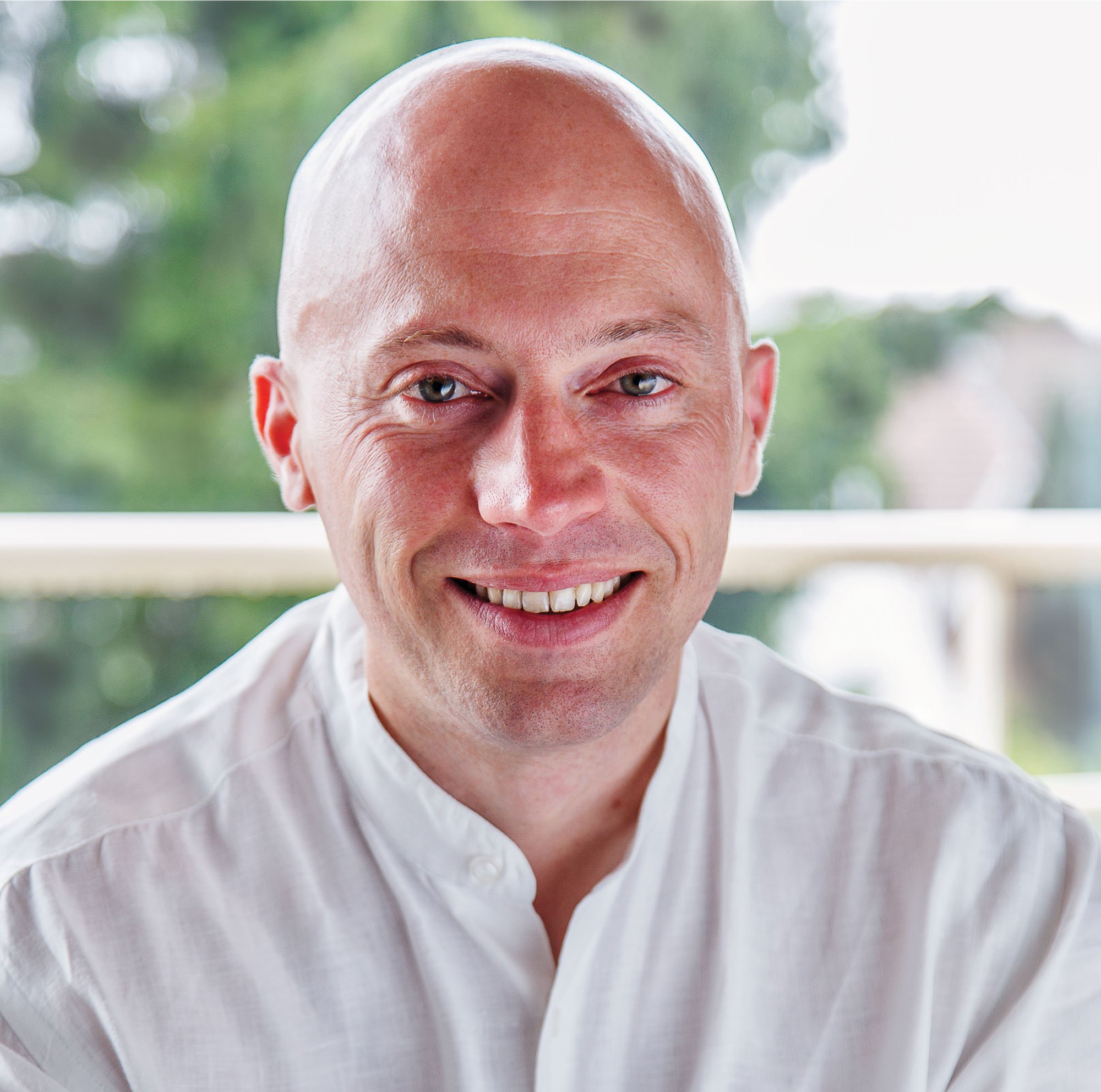
Alex is Executive consultant in digital transformation, business strategy and architecture of core business applications, specialising in growing privately-held, owner-managed European companies since 2004. He is an Adjunct Professor and Advisor for Digital Innovation and Transformation at Solvay Brussels School
30/01/25
